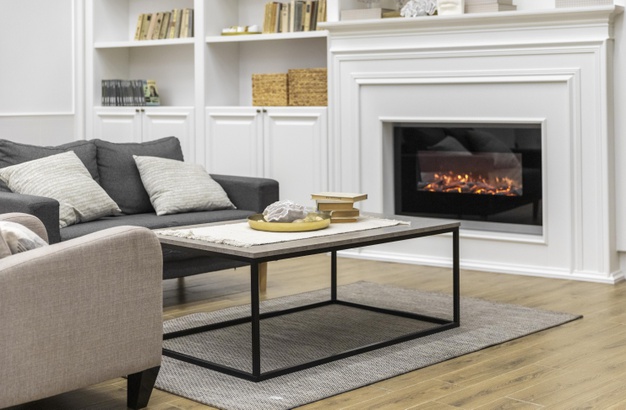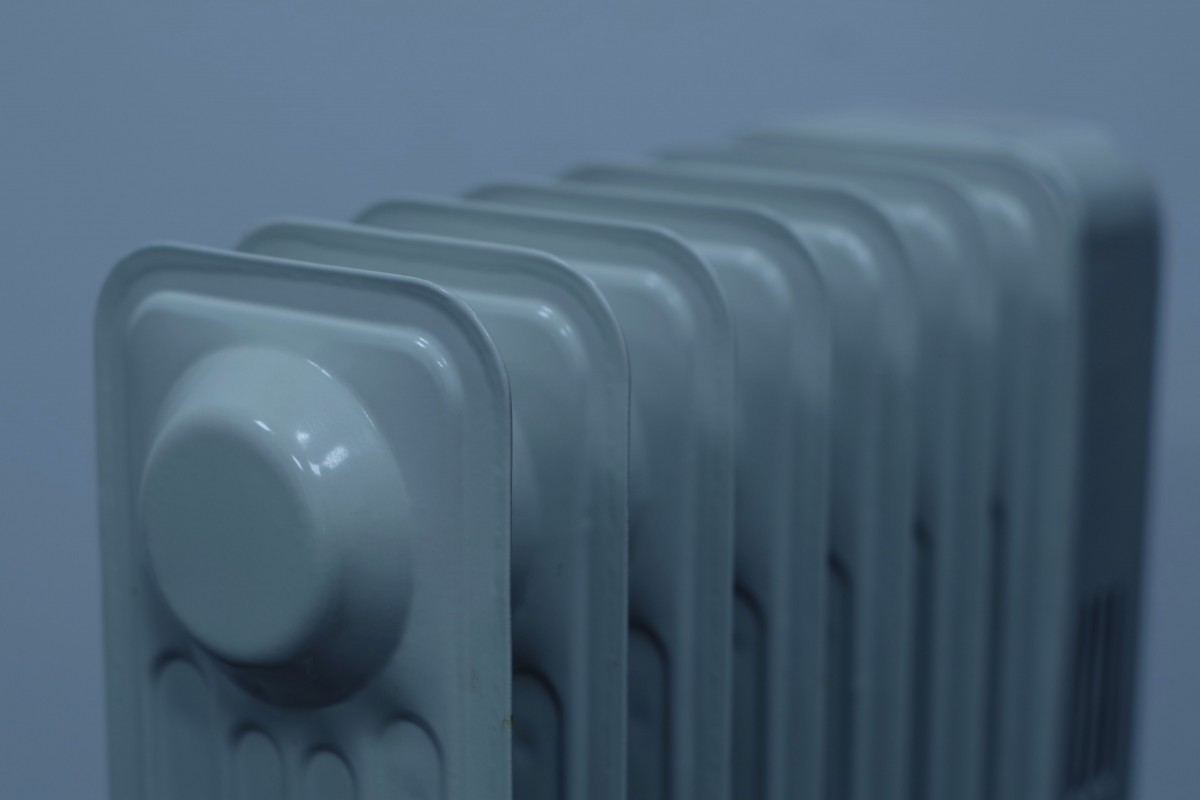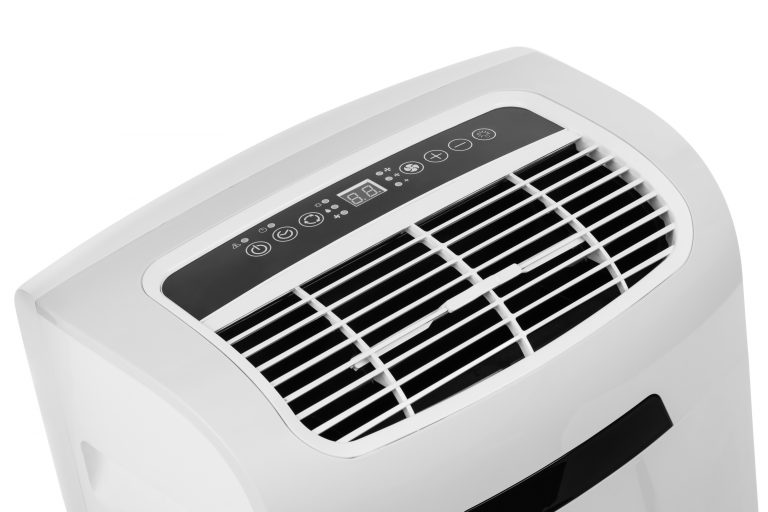Heating safety tips for your house
Heating systems keep the occupants of a house warm and comfortable. Whether it be through furnaces or chimneys, these systems allow for a cozy night in the midst of cold weather. But heating systems are also complex and involve the use of dangerous components. Natural gas, electricity, and heat are all volatile, and if you aren’t careful with them, you could cause some serious damage to your system and even your entire home.
That’s why we’re here – to give you heating safety tips on how to keep your house safe while enjoying your home heating system. These heating safety tips range from general reminders to more costly yet effective measures to ensure that you can use your heater with peace of mind.
General heating safety tips
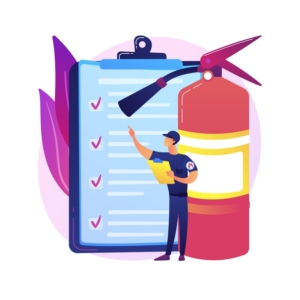 Here are some general heating safety tips that work for every home:
Here are some general heating safety tips that work for every home:
-
Keep children and flammable items at least three feet away from any heating system
Even though most heating systems don’t produce any sort of fire by themselves, it is possible for flammable objects to catch fire in the right conditions. This catches many people off guard, so be sure to keep things such as blankets or carpets away from any sort of heating system. Also, be sure to keep any children away from the system, as they not only may tamper or damage the system but could also hurt themselves in the process.
-
Properly store fuels
Depending on the type of fuel you’re using, it is important to store them in a safe space. This is especially true for highly volatile fuels such as natural gases and oil. Be sure to keep them away from the heating system itself as well. If you’re using firewood, don’t place them in areas where it may catch moisture or be eaten by termites.
-
Only use one heating system at a time
Some homes may have more than one heating system for a variety of reasons. However, be sure to only use one heating system at a time if possible. One heating system alone should be supervised constantly, and having two not only makes it more difficult to manage but also increases the risk of danger.
-
If you smell any gas at home, contact your local fire department and evacuate the building
The moment you smell any gas at home, leave the building along with anyone in it immediately. It is very possible that the gas has already spread throughout the house, and any spark or fire can cause the gases to ignite. Contact your nearby gas company or fire department for them to handle the situation.
-
Try to avoid candles if possible
Candles are a staple for romantic dinners and are often used during a power outage. However, they are essentially mini fire hazards. A candle can easily set a tablecloth or blanket on fire. If you must use a candle, be sure to do so with constant supervision. If you want to leave the area with the candle remaining, be sure to put it out.
Fireplace safety tips
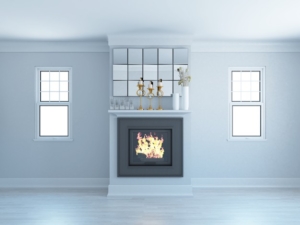 Fireplaces are very cozy and beautiful, but they are also potentially dangerous if not managed properly. Here are a few heating safety tips:
Fireplaces are very cozy and beautiful, but they are also potentially dangerous if not managed properly. Here are a few heating safety tips:
-
Check your damper before using the fireplace
The last thing you’d want is for the smoke from the fireplace to spread all over your house. Before lighting a fire, check to see if the damper is open with a flashlight.
-
Only close the damper when the fire has completely died out and no more smoke is being produced
Even though you’ve stopped the fireplace from burning, smoke can still be emitted for a while. Closing the damper right after the fire dies isn’t a good idea as there may be a bit of smoke remaining. Only close the damper once you’re certain no embers are remaining in the fire.
-
Use dry firewood
The best type of firewood is dry and aged. Firewood burns best when it’s completely dry, and any moisture can lessen the fire or even prevent the fire from starting at all.
-
Large firewood burns more
If you want to keep the fire going for a while, use larger pieces of firewood. Smaller pieces burn shorter and produce less smoke as a result.
-
Have a fire extinguisher nearby
A fire extinguisher is a must-have for any home with a fireplace. They’re useful for extinguishing the fireplace in case it gets too volatile to manage, or if any nearby items catch fire. Keep the fire extinguisher near enough to the fireplace, ideally in the same room.
Electric heaters, how to use them safely
Electric space heaters may be a little safer than a fireplace, but it’s still important to follow and remember a few important heating safety tips:
- Keep heaters on the floor
It may be tempting to keep the heater beside you on the couch or bed, but you should always keep it on the floor. Not only is it less flammable but it’s also a more stable surface, so the heater doesn’t fall over and damage itself.
- Keep flammable objects away
Like with other heating systems, you should keep any sort of flammable objects away from the electric heater. The dry heat can cause flammable items to catch fire suddenly.
- Only plug the heater in a wall outlet
Heater manufacturing companies recommend not plugging in the heater to surge protectors or extension cords. Instead, plug the heater directly into the wall outlet instead to minimize any possible issues.
Install smoke and carbon detectors and check them regularly
As a final tip, you should look to save up for smoke or carbon monoxide detectors, if you think you can afford them. These detectors work differently depending on what system is used. We’ll go over how they work briefly to give you a better understanding of them.
For smoke detectors, charged plates send signals to one another, which can be disrupted by smoke. The system detects the change in signal strength and sets off the alarm. Carbon monoxide detectors, on the other hand, usually have a specialized gel installed inside them. The gel reacts and changes color when exposed to carbon monoxide, and the system can detect this. The alarm goes off when the gel undergoes the change.
Now that we know how these detectors work, why install them in the first place? Most heaters don’t release smoke or carbon monoxide (with the exception of systems that naturally produce smoke, such as a wooden fireplace). When they malfunction, however, these fumes can be released, and not only do they smell bad, but they can also cause some serious health problems from prolonged exposure. The fumes can also be a sign that your system isn’t working correctly, and will let you know when to book a heating repair or furnace repair.
Have the detectors installed all over your house, but make sure to prioritize the area around your heating system if you can’t cover the whole place. It’s also important to remember to check your detectors if they’re still functional every now and then. It’s possible that the detectors won’t work despite there being carbon monoxide or smoke in the area. Also, remember to replace the batteries of the detectors regularly, if they run on those.
Business Name – Elite Plumbing, Heating & Air Conditioning
Address: 3085 E Post Rd, Las Vegas, NV 89120, United States
Phone Number: 702-263-2665
SCHEDULE YOUR FREE ESTIMATE
We Provide Expert Air Conditioning Services in Las Vegas, NV


